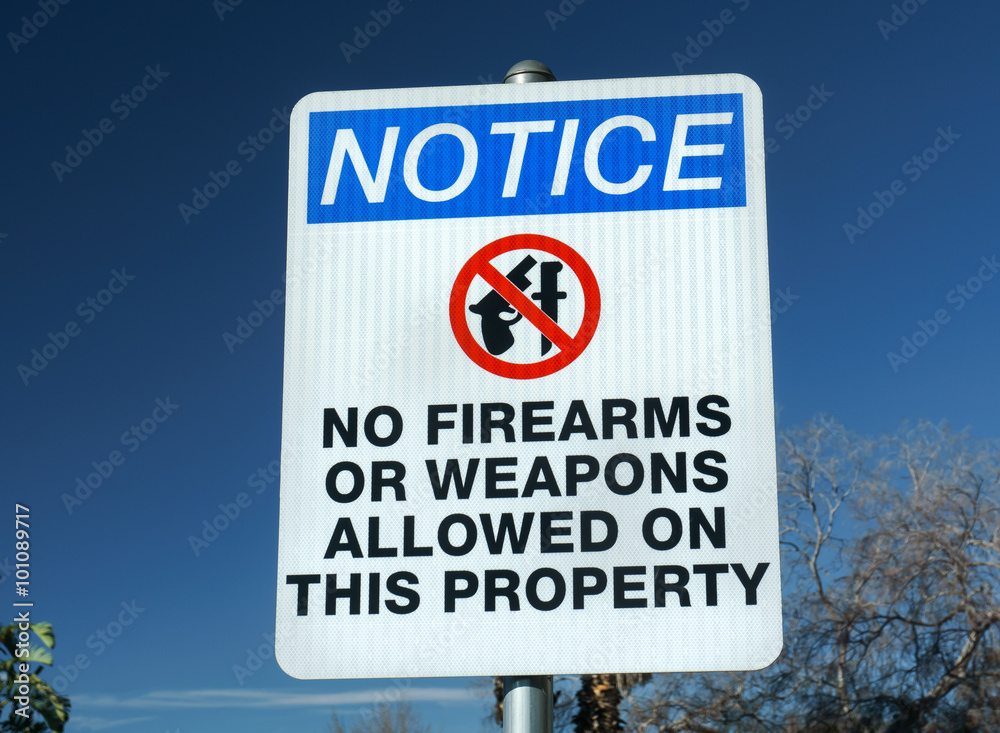Dumbarton's and the United Methodist Church's Support for Gun Violence Prevention
— And the Leadership of Dumbarton’s Own Mike Beard
— In 1974, the General Conference of the United Methodist Church adopted a first-of-its-kind resolution calling for a national ban on the manufacture, sale, and private possession of handguns, with exemptions for police, military, and licensed security guards.
Rev Jack Corbett of the Board of Church and Society turned to his predecessor, long-time Dumbarton parishioner Mike Beard, to create an organization to implement this resolution. Mike had been the founding executive director of two earlier successful national coalitions, and was then on the staff of then-Congressman Walter E. Fauntroy (D-DC).
Mike persuaded Rep. Fauntroy to convene a meeting of national religious organizations to discuss forming a coordinating committee. The first meeting took place in January, 1975 at the United Methodist Building with 15 organizations attending. They called for a plan of action and a budget. At the second meeting in January the initial 15 organizations agreed to the plan to create a National Coalition To Ban Handguns as a “special project” of the United Methodist General Board of Christian Social Concerns. The UMC provided office space, each participating organization made a financial contribution to the annual budget, and they elected Mike Beard to be the Coalition’s executive director.
The NCBH was immediately denounced and attacked by the National Rifle Association.
One of the Coalition’s first victories was federal legislation eliminating the manufacture and importation of small, cheap handguns–so called Saturday Night Specials.
1988 was a key year in NCBH development. Its membership swelled to more than 50 national organizations. The NRA’s ten-year effort to pass a Firearms Owners Protection Act that would have eliminated most federal and state laws ended in President Reagan signing a bill that imposed a 10-year ban on the production, importation, and sale of undetectable firearms which NCBH had branded as “Hijackers’ Specials”.
NCBH was also very active in several state and local legislative battles. One was in Morton Grove, IL, which passed the nation’s first outright ban on handguns. NCBH successfully challenged the NRA and the US Department of Defense in federal court over a long-standing policy that permitted the DOD to sell surplus firearms to NRA members only.
With the growing threat of assault weapons and the changing nature of gun violence, NCBH changed its name to the Coalition to Stop Gun Violence and concentrated its mission more on research into finding innovative solutions to increasingly polarized debates on gun control issues. The CSGV then began a natural evolution to its current new incarnation as part of the Johns Hopkins University’s Center for Gun Violence Prevention and Policy.
“Dumbarton was very instrumental in helping me cope with the travails of building a highly-charged organization to go up against the NRA,” Mike wrote of his career fighting gun violence. “Many Dumbarton parishioners became faithful donors, and the church made a yearly contribution as part of its social mission budget — a fact that I would hold up before other churches.” At one particularly dark time when the organization did not have enough cash on hand to meet monthly obligations, Dumbarton parishioner Leah Johnson organized a concert fundraiser. “The congregation got all involved and made it a great success, Mike wrote. “We made it through the crisis and I will always be grateful to Dumbarton for that support.”

